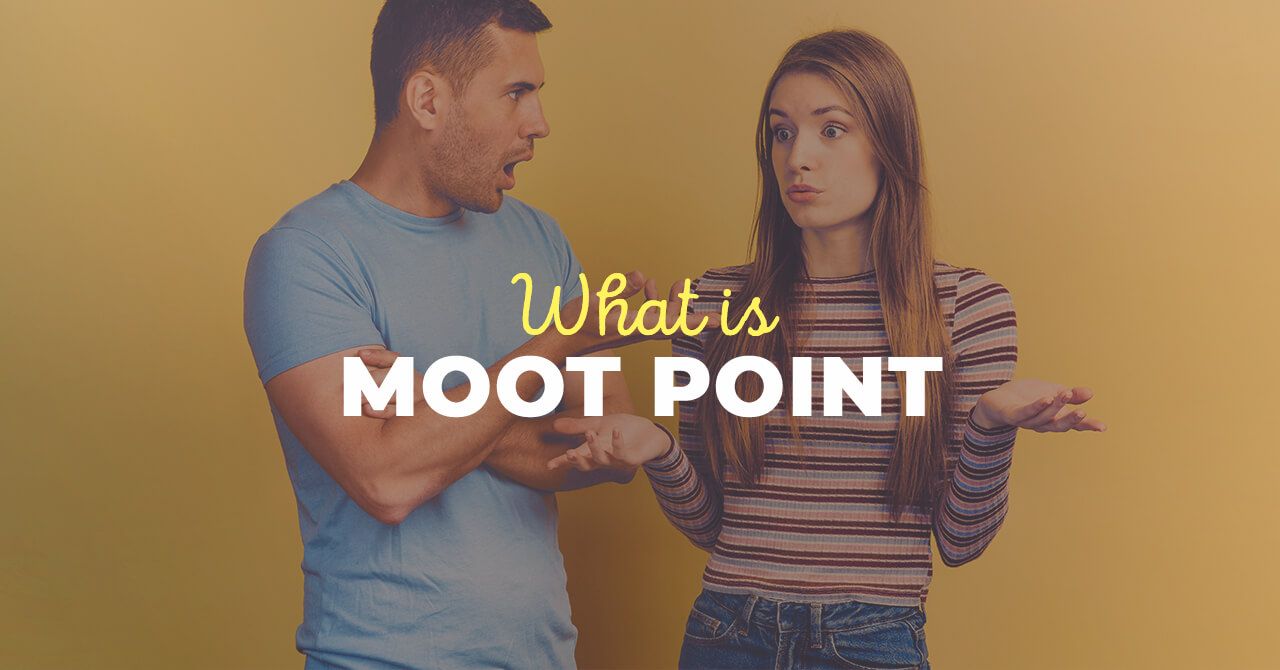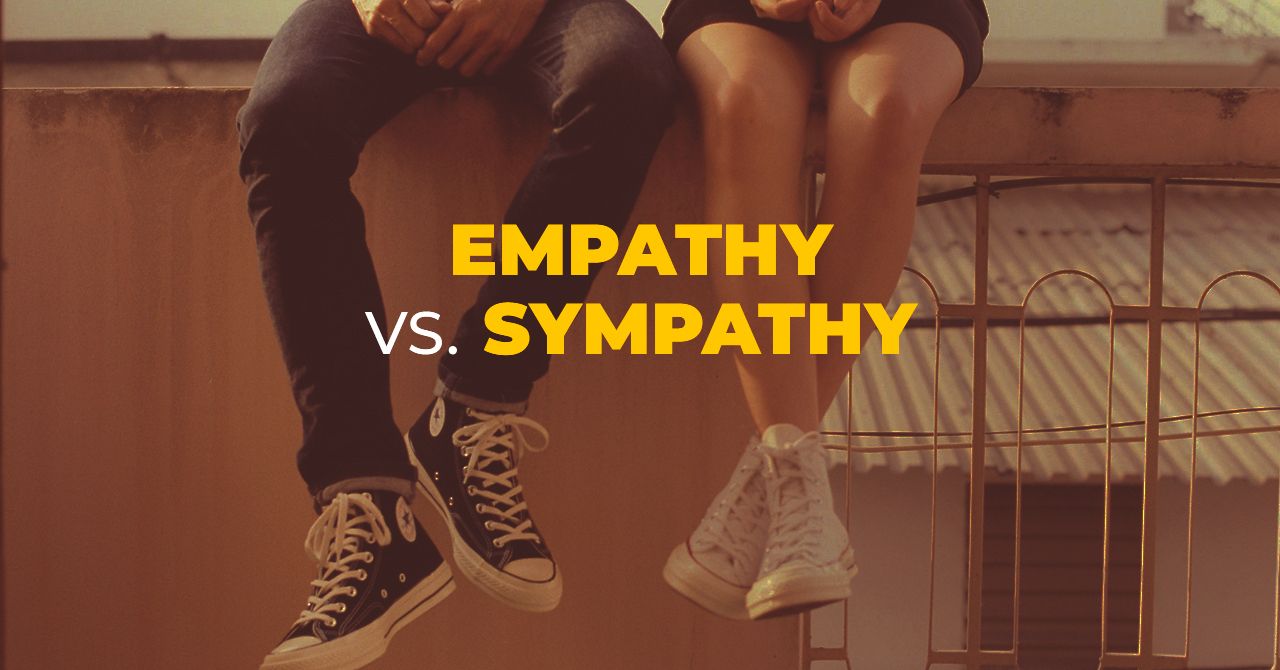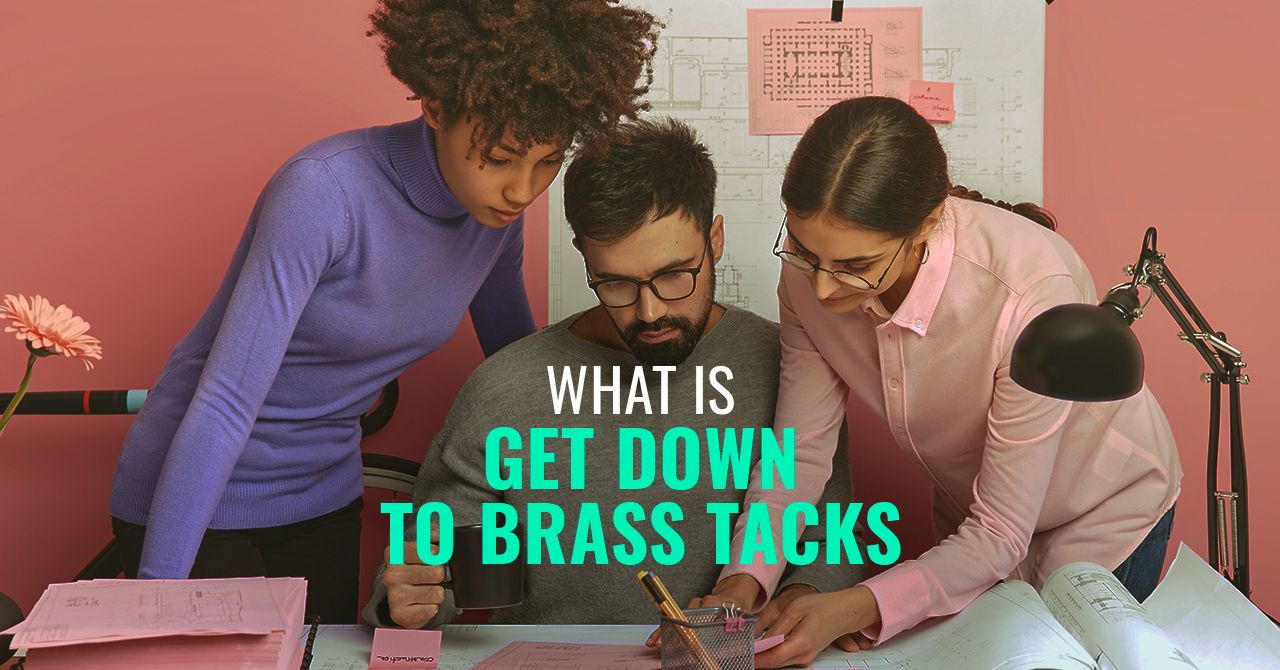
The Meaning of the Phrase “Moot Point”
In American English, a moot point is a completely unrelated issue to the main subject of discussion. In British English, on the other hand, a moot point is simply a debatable issue.

How to Use the Phrase “at Wits’ End”
When someone says they’re “at their wit’s end,” it suggests they have negative feelings or thoughts. It does, however, imply that they are upset and resentful.

The Meaning and Uses of “Never Mind” vs. “Nevermind”
“Nevermind” is not merely a misspelling. It is still a word, which can be found in some dictionaries, but it means something completely different.

Empathy and Sympathy—What These Words Mean and How to Use Them
Despite their shared origin, the words “empathy” and “sympathy” have different meanings.

Mea Culpa—What It Means, How to Use It, and When to Avoid It
English has many words and phrases that originated from Latin. “Mea culpa” is also one of them.

The Meaning, Origin, and Use of “Getting Down to Brass Tacks”
We use “getting back to brass tacks” to invite someone (or ourselves) to get down to business and start solving core issues.

The Meaning and Use of “No Good Deed Goes Unpunished”
The utility of good deeds has been a trending topic for millennia. People have been expressing their opinions about it for as long as we can trace the history of human thought, worldview, and moral codes.

What does “Demeanor” mean?
Demeanor refers to a person’s overall appearance, attitude, and behavior. It reflects the personal style, but it can also unveil the person’s emotional state and much more.